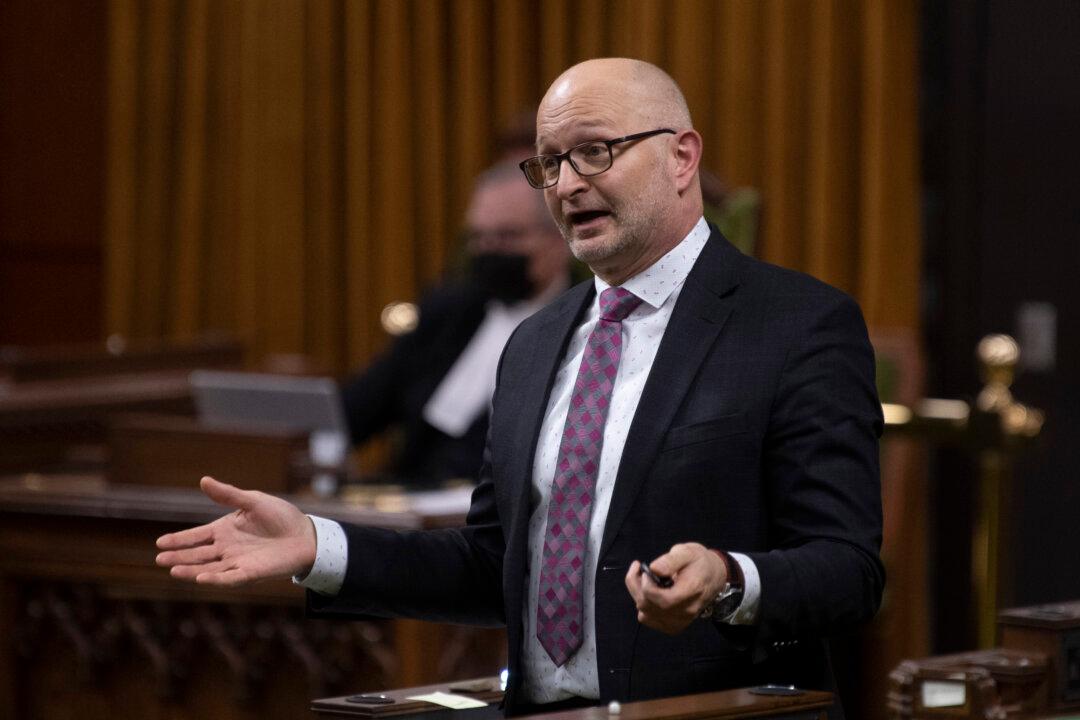OTTAWA—The federal Liberals have used an unpopular tool to limit time for debate in the House of Commons on a bill that would harmonize Canada’s laws with the United Nations Declaration on the Rights of Indigenous Peoples.
The Liberals successfully passed a motion to impose closure on the opening round of debate on Bill C-15 in order to put it to a vote and move it along to a Commons committee for further scrutiny.





